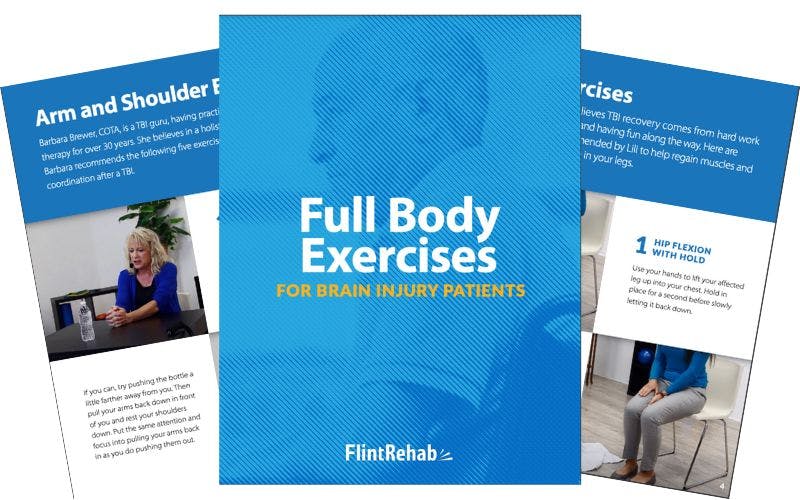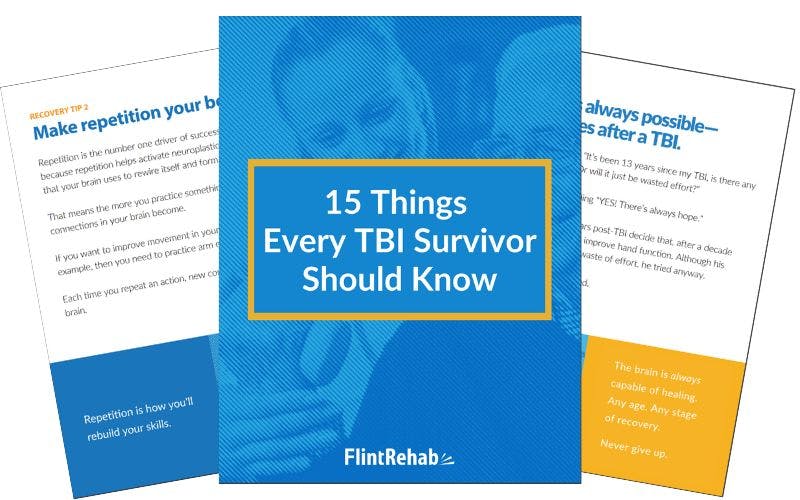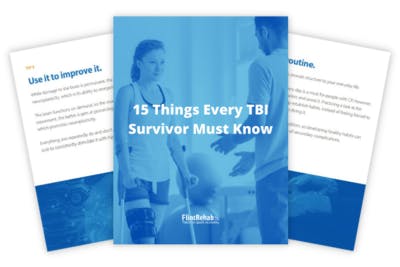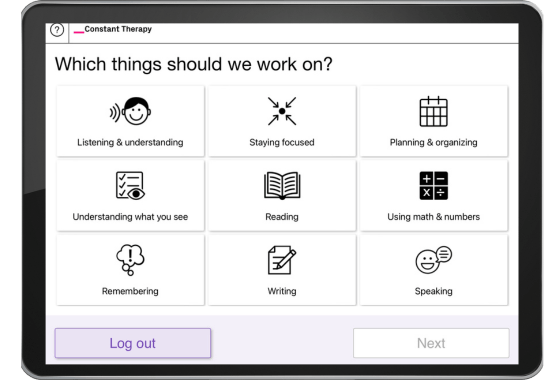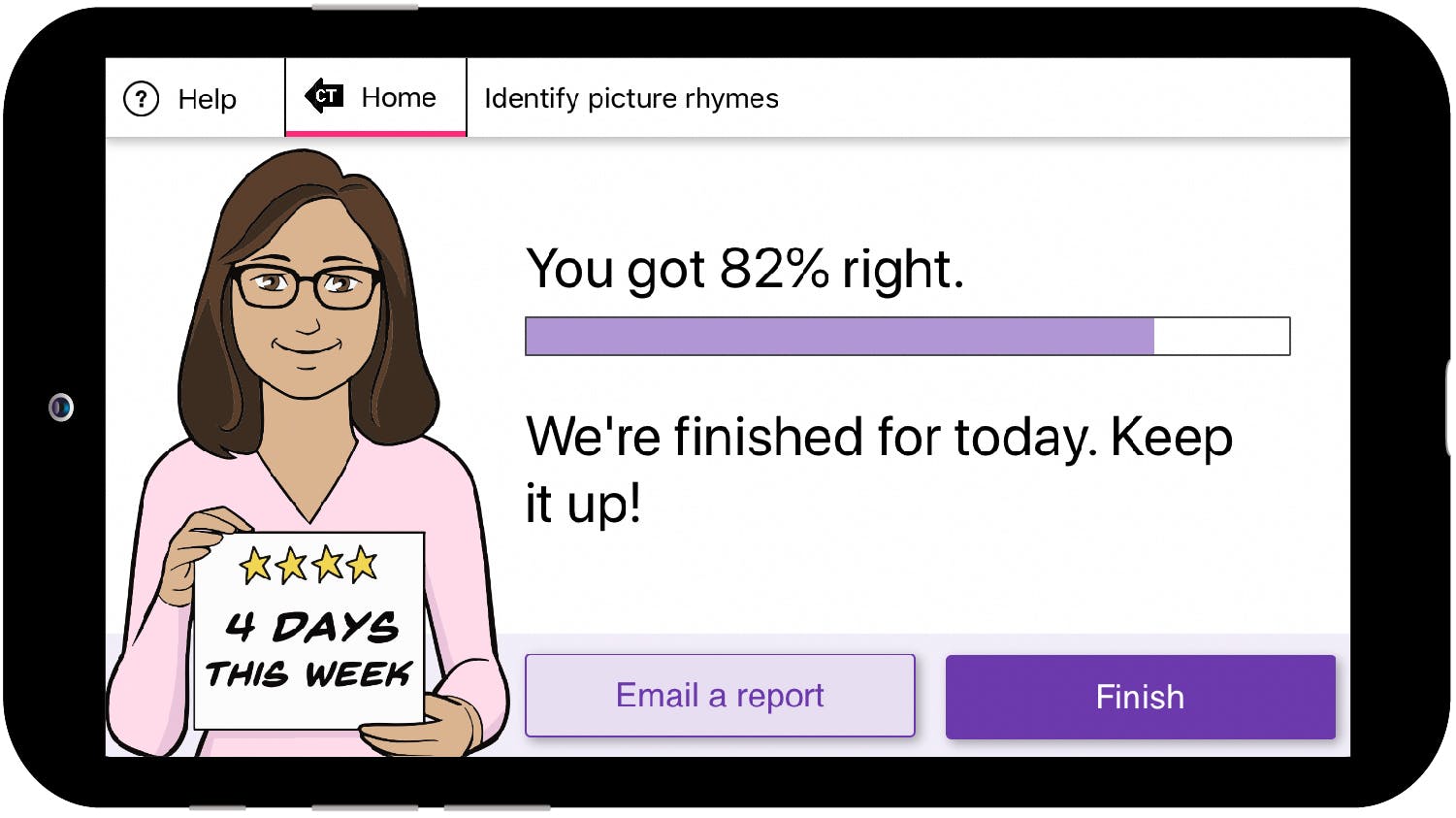Can magnesium help promote brain injury recovery?
Magnesium is one of the most abundant minerals in the body and is involved in more than 300 bodily reactions. Additionally, it’s suggested that magnesium may hold some neuroprotective benefits that can help promote recovery after TBI.
This article will discuss what evidence regarding the role of magnesium for brain injury recovery shows and share some ways to naturally increase your magnesium intake.
Magnesium for Brain Injury Recovery
A rapid decline in magnesium levels has been observed in the bloodstream after brain injury. When the body lacks magnesium, it may not function optimally.
Magnesium contributes to the regulation of many major bodily functions, including:
- Muscle contraction
- Blood pressure
- Insulin metabolism
- DNA, RNA, and protein synthesis
- Nerve transmission
- Neuromuscular coordination
- Protecting against excitotoxicity
- Cellular energy metabolism
It’s also suggested that magnesium has multiple neuroprotective benefits that can reduce the progression of secondary damage following traumatic brain injury.
For example, magnesium inhibits the actions of glutamate receptors. Glutamate is a powerful neurotransmitter that excites nerve cells and helps them send signals between one another.
However, after a brain injury, the brain releases excessive amounts of glutamate. Too much glutamate in the brain can make the neurons exhaust themselves, which eventually leads to cell death. In fact, researchers believe this process is the main source of neuronal damage after a head injury.
By making sure there is enough magnesium in the body, individuals can promote glutamate regulation. Hypothetically, this should help reduce secondary damage following brain injury.
Magnesium also plays a role in relaxing the blood vessels, which leads to increased cerebral blood flow. Since brain injury reduces cerebral blood flow, taking magnesium may help counter that effect.
In the following section, we’ll discuss what clinical evidence suggests about magnesium for brain injury recovery.
Is There Evidence That Magnesium Aids in Brain Injury Recovery?
Generally, studies on the effects of magnesium for brain injury recovery show mixed results.
For instance, one study followed patients given magnesium sulfate within 12 hours after a closed head injury. In the end, the patients who received magnesium displayed less swelling and lower mortality compared to patients that did not.
On the other hand, another double-blind trial found that magnesium had no significant impact on survival or neurological recovery. This study was conducted on patients within 8 hours of injury and continued for five days.
While magnesium appears to have neuroprotective benefits that can apply to traumatic brain injury, clinical studies fail to show consistent results. Most studies do not show any significant improvement in cognitive function compared to a placebo.
However, that doesn’t mean magnesium can’t help patients with other problems. After brain injury, individuals may experience additional effects such as emotional changes and headaches.
This study found that magnesium performed just as well as some antidepressant drugs at reducing depression. Likewise, this study found that magnesium can reduce migraine frequency by about 50%.
Although more research is necessary, current evidence seems to indicate that while magnesium will not repair the brain, it may help relieve some of the more severe secondary effects of TBI.
Now that you understand how important magnesium is for optimal functioning, let’s discuss how to increase your magnesium intake.
Magnesium-Rich Foods to Add to Your Diet After Brain Injury
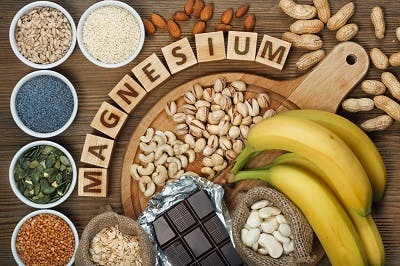
Unfortunately, most adults do not consume adequate amounts of magnesium. In fact, several surveys have found that over 50% of Americans are magnesium deficient.
Since magnesium plays such a significant role in nerve function, it’s essential for individuals with brain injuries to try to incorporate more magnesium into their diets. The recommended daily allowance for magnesium is about 420mg a day for men and 320mg for women.
Below are some foods that are excellent sources of magnesium:
- Avocados (one medium-sized avocado provides 58 mg of magnesium)
- Nuts and seeds (one-ounce serving of cashews contains 82 mg of magnesium; one-ounce serving of pumpkin seeds contains almost 150 mg of magnesium)
- Bananas (one large banana contains 37 mg of magnesium)
- Leafy greens (one cup of cooked spinach contains 157 mg of magnesium)
- Dark chocolate (one ounce of dark chocolate contains 64 mg of magnesium)
Incorporating these magnesium-rich foods into your diet can help promote optimal functioning of the body and mind.
Another way to include more magnesium into your diet is through supplements. However, always consult with your doctor before adding new supplements to your diet as they may not mix well with some of your medications.
Magnesium for Brain Injury Recovery
The scientific evidence is mixed when it comes to using magnesium during brain injury recovery.
Some studies show mild benefits in early TBI treatments, but most do not display any positive effects. However, there is also no evidence that magnesium is harmful, if you are not taking certain medications.
Since magnesium is a critical nutrient for brain health in general, it is vital to get enough magnesium every day. If you can’t get enough from your food, then magnesium supplements are generally a good option.
We hope this article helped you understand the role of magnesium in brain injury recovery.


